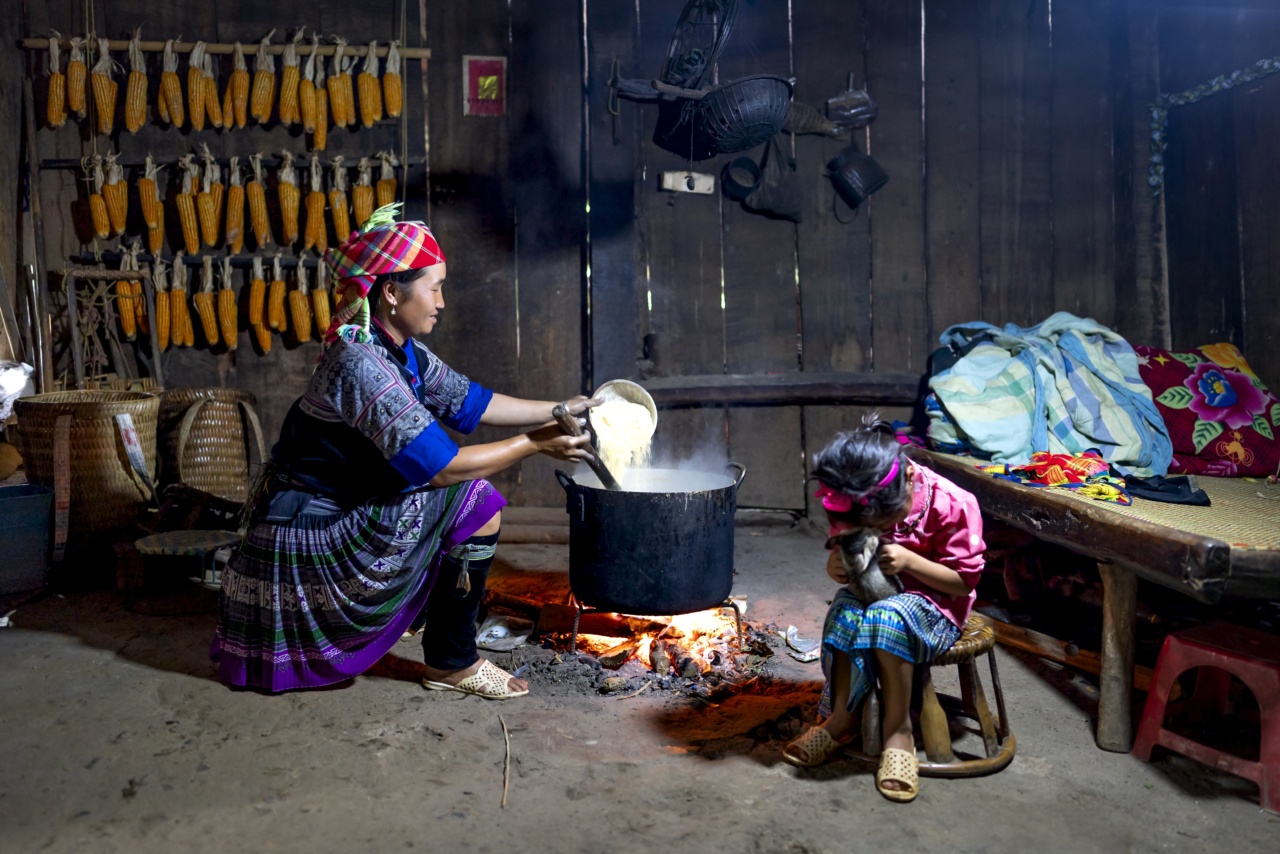Cats are known to be fastidious creatures when it comes to their hygiene, and they can spend hours grooming their fur and paws. However, their food choices can have a significant impact on their overall health and well-being.
Poor nutrition can lead to a host of health problems, including digestion issues and even chronic diseases. In this article, we will look at five indicators of poor nutrition in cats.
1. Weight Loss or Weight Gain
Weight loss or weight gain can be a telltale sign of poor nutrition in cats. If your cat is losing weight, it could mean that they are not getting enough nutrients in their diet.
In contrast, if your cat is gaining weight, it could indicate that their diet is too high in carbohydrates or fats. It is important to monitor your cat’s weight and adjust their diet accordingly to maintain a healthy body weight.
2. Digestion Issues
Another indicator of poor nutrition in cats is digestion issues. Diarrhea, constipation, and vomiting are common signs that your cat’s digestive system is not functioning correctly.
Poor-quality food or an improper diet can lead to gastrointestinal issues in cats. Making sure to feed your cat high-quality food with the proper nutrients and monitoring their portions can help alleviate digestion issues.
3. Dull Coat or Skin Issues
A cat’s coat and skin is a reflection of their overall health. A dull coat or skin issues, such as dry patches or excessive itching, could indicate a lack of essential nutrients in their diet.
Omega-3 fatty acids, found in fish-based diets, can help promote healthy skin and a shiny coat. Additionally, providing your cat with sufficient amounts of protein can also help improve their skin and coat health.
4. Lethargy or Lack of Energy
Cats are naturally active animals, but they may become lethargic or lack energy if their diet is lacking in essential nutrients. Protein is a crucial component of a cat’s diet and helps promote energy and a healthy metabolism.
Poor-quality food or an unbalanced diet can lead to lethargy and a lack of energy in cats. Providing your cat with high-quality food that is rich in protein and other essential nutrients can help improve their energy levels and overall health.
5. Dental Problems
Poor nutrition can also impact a cat’s dental health. A diet that is high in carbohydrates and sugars can lead to dental issues, such as decay and gum disease.
Feeding your cat a high-quality diet that is low in carbohydrates and free of fillers can help promote good dental health. Additionally, providing your cat with dental treats or toys can also help keep their teeth clean and healthy.
Conclusion
A nutritious diet is essential for your cat’s overall health and well-being. Poor nutrition can lead to a host of health problems, including digestive issues, lethargy, dental problems, and skin and coat issues.
It is important to monitor your cat’s diet and adjust it accordingly to ensure they are receiving the proper nutrients for optimal health.




























